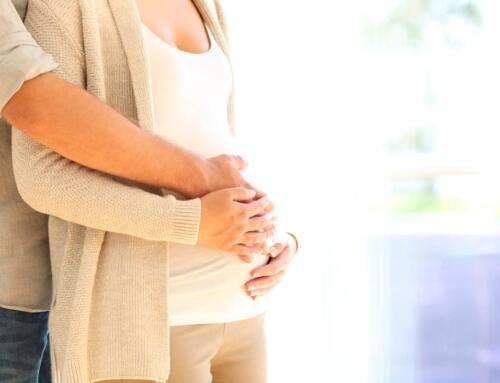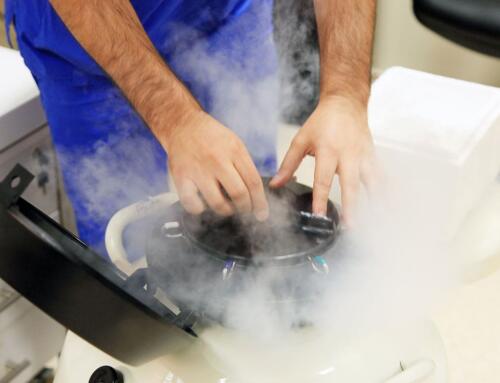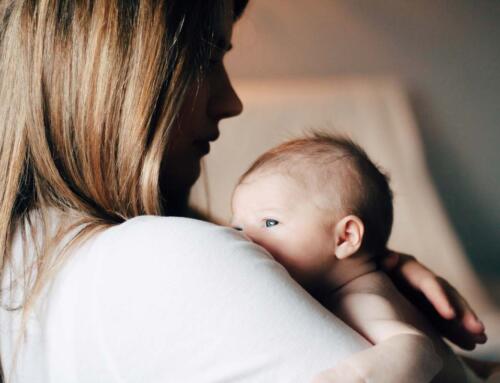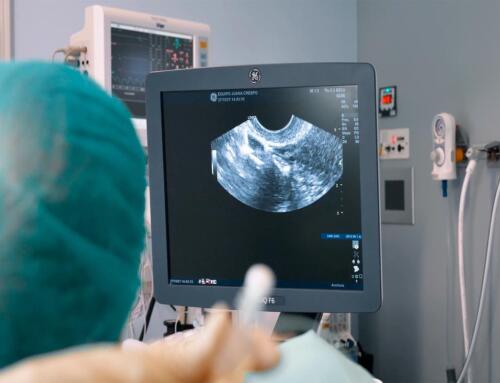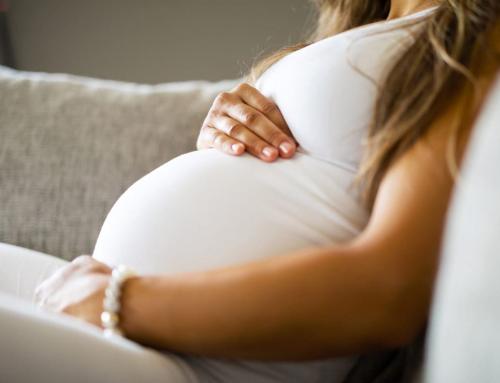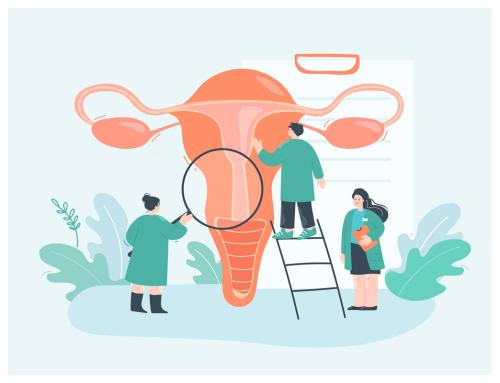Anovulation or absence of ovulation is one of the most frequent causes of female infertility.
It is estimated that around 35% of women suffer some type of anovulation, either chronically or transiently, throughout their fertile life, which does not always reduce their chances of becoming pregnant.
In fact, anovulation and pregnancy are not always incompatible: depending on its origin, lack of ovulation can be corrected by adopting healthier lifestyle habits (weight control, stress reduction, etc.), by taking medication (in women with polycystic ovaries or with hormonal and thyroid problems) or by surgery.
Women who do not ovulate and want to become pregnant can also resort to other assisted reproduction treatments.
What happens when a woman does not ovulate?
During the normal menstrual cycle, a woman’s ovaries release a mature egg.
However, sometimes the ovary is unable to release the egg.
This is known as an “anovulatory cycle”, i.e. a menstrual cycle characterized by the absence of ovulation, and thus the inability to achieve pregnancy during this period.
Explaining what happens when a woman does not ovulate is quite complicated, since the origin of this disorder can be very varied.
Its diagnosis is not simple either: it is true that the lack of menstruation (amenorrhea) and irregular menstrual cycles (less than 21 days and more than 35 days), in addition to the absence of elastic and abundant cervical mucus, typical of fertile days, are symptoms that can alert us to this problem, although it can go unnoticed until the moment when the patient is looking for a pregnancy.
Main tests to confirm anovulation
- Do an ovulation test.
- Perform a blood test to measure the levels of sex hormones that regulate the ovulatory cycle, especially progesterone and HCG hormone. In the follicular phase (days 3-5), follicle-stimulating hormone (FSH) and luteinizing hormone (LH) levels, prolactin, thyroid hormones and estradiol are also measured.
- Do a pelvic exam and ultrasound to detect possible physiological problems in the ovaries.
Causes of Anovulation
Regarding its causes, the WHO distinguishes three types of anovulation:
- Hypothalamic-pituitary failure (Lack of secretion of GnRH and gonadotropins FSH and LH).This type of anovulation may be related to eating disorders (in 15-30 % of cases), hypothalamic-pituitary failure due to excessive exercise or high-level sports performance (20 % of cases), or chronic renal failure or chronic liver disease, both of which can alter sex hormones.
- Hypothalamic-Pituitary Dysfunction (Hormonal alterations). Specifically, due to problems related to Polycystic Ovary Syndrome (PCOS), one of the main causes of infertility due to anovulation (80% of cases), which affects 10% of women of childbearing age and 20% of couples with fertility problems. This type of anovulation due to hormonal alterations also affects women with thyroid problems (hyperprolatinemia, hyperthyroidism and hypothyroidism).
- Ovarian failure. Generally due to premature ovarian failure.
Can I get pregnant if I suffer from anovulation? Is there a treatment for anovulation?
Yes, although pregnancy and anovulation are not incompatible, getting pregnant can be more complicated.
Many women who have anovulation or ovulation disturbances can become pregnant, although they have more difficulty getting pregnant spontaneously compared to couples who do not have this problem.
In addition, pregnancy success rates are lower, since ovulatory cycles are not constant.
Advanced age can also cause anovulation: despite having their period, many women do not ovulate regularly after the age of 40. In addition, the quality of their eggs also decreases.
Both factors considerably reduce the chances of pregnancy.
Obesity or being overweight is another factor that can cause alterations in the ovulatory cycle and menstruation. For this reason, most specialists recommend losing weight for women seeking pregnancy as an effective way to improve their reproductive health.
➔ You may be interested in: Does being overweight affect fertility?
When anovulation is not caused by serious problems, it is usually enough to follow healthier habits (following a healthy diet, exercising, controlling weight, not consuming tobacco or alcohol, etc.) and controlling stress.
Treatments for anovulation
In women with thyroid problems or polycystic ovary syndrome (PCOS), medical treatment will be administered to achieve regular ovulatory cycles.
In other cases, ovulation induction is used to induce ovulation. This is achieved by stimulating the growth of follicles and obtaining eggs.
Subsequently, the ideal method to achieve pregnancy is chosen, generally In Vitro Fertilization.
I do not ovulate and I want to get pregnant: what should I do?
The first thing you should do is consult a specialist so that he/she can inform you about the options available to you.
On the other hand, IVF treatment with your own eggs or donor eggs is one of the assisted reproduction techniques that offers better success rates to women with chronic anovulation, that is, those who present a repeated absence of ovulation.
Equipo Juana Crespo has one of the best success rates in Europe with this technique thanks to the quality of its egg donation programs and the personalized endometrial preparation of its patients.
Learn more about the step-by-step process on our website.
If you have any questions, ask for information without compromise.



